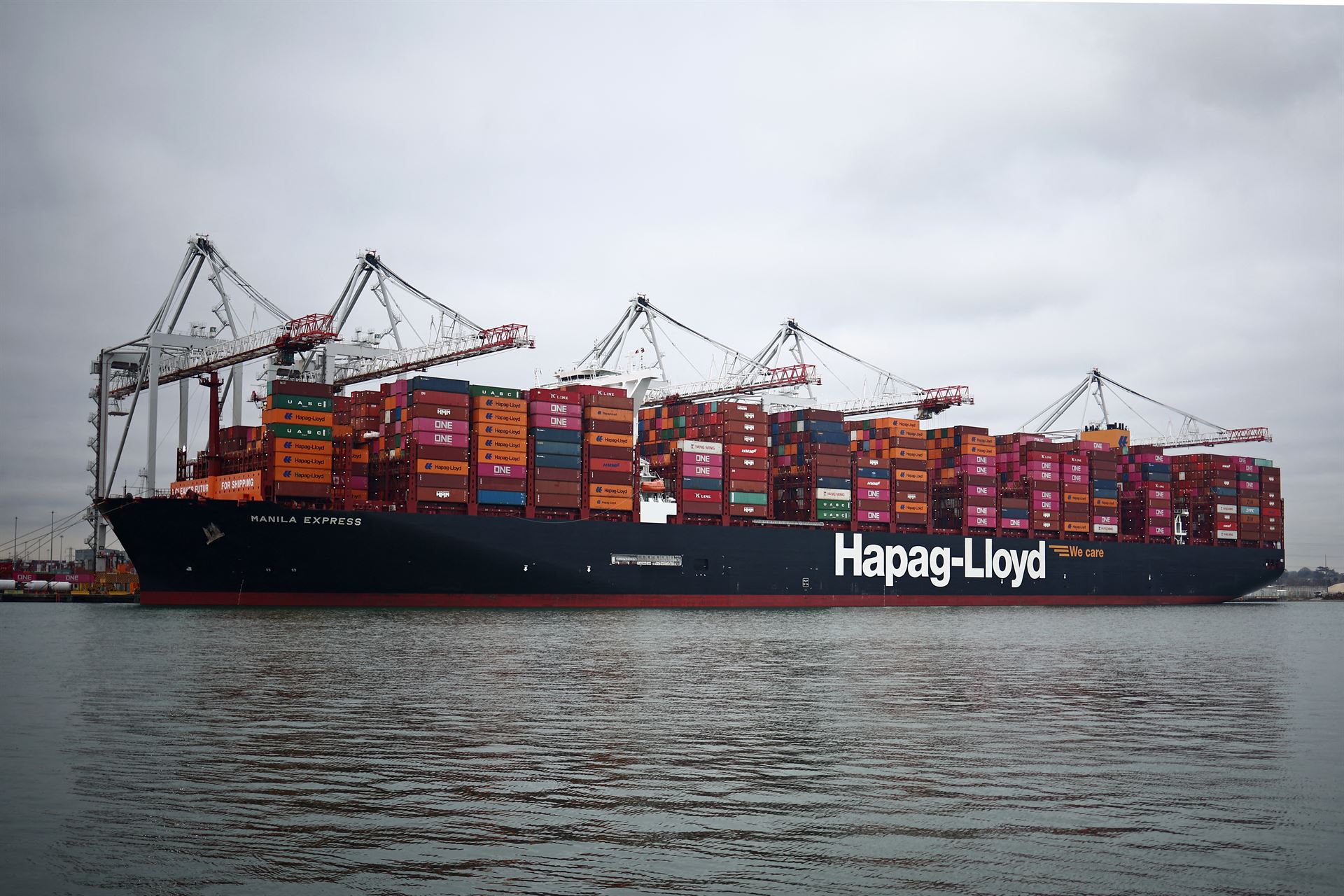
LONDON - The British government unveiled a wide-ranging support package for the country's automotive sector late Sunday as carmakers face mounting pressure from new US tariffs and the global shift to electric vehicles (EV).
Jaguar Land Rover (JLR), a British multinational automobile manufacturer, suspended exports to the United States on Saturday following Washington's decision to impose a 25 percent import tariff on foreign-made cars. JLR, which exports nearly a quarter of its vehicles to the United States, said it needs time to reassess pricing and logistics under the new trade terms.
Announcing the measures, British Prime Minister Keir Starmer said the government was determined to act decisively to support the sector. "Global trade is being transformed," he said. "So today I am announcing bold changes to the way we support our car industry."
He added that the reforms will help British firms export globally and secure jobs at home.
ALSO READ: UK PM Starmer ready to 'shelter' businesses from tariff storm
The new package includes reforms to the Zero Emission Vehicle Mandate, which maintains the 2030 deadline to phase out new petrol and diesel cars but offers greater flexibility to manufacturers during the transition.
Under the updated rules, carmakers will be allowed to borrow "electric vehicle credits" between 2024 and 2026, with repayment permitted through 2030. These credits are part of the regulatory system requiring manufacturers to sell a certain percentage of zero-emission vehicles each year. Borrowing allows companies to meet short-term targets while expanding EV production capacity.
READ MORE: British PM: Britain ‘prepared’ to face US tariffs
The government will also extend until 2029 the option for manufacturers to count certain hybrid vehicles toward their EV targets. However, a cap will limit how many such credits can be used, ensuring that environmental goals remain credible.
Sales of hybrid cars and vans, originally set to end in 2030, will now be allowed until 2035, giving the industry more time to adapt to the shift toward full electrification.
In addition, the government confirmed a 2.3 billion pounds ($2.96 billion) investment to support the transition. The funding will provide tax incentives for electric vehicle purchases and expand the national charging infrastructure, aiming to make EV adoption more affordable and accessible for consumers.
READ MORE: Britain, US discuss possible trade deal in phone call
The move comes amid broader concern over the future of Britain's automotive industry, which contributes one in every eight pounds of the country's export earnings. The United States is Britain's second-largest export market for cars, after the EU, accounting for nearly 20 percent of total vehicle shipments, according to the country's Society of Motor Manufacturers and Traders.
Analysts at the Institute for Public Policy Research, a London-based think tank, have warned that prolonged tariff pressure could threaten up to 25,000 jobs, particularly in the West Midlands, where many auto parts suppliers are based.
British Transport Secretary Heidi Alexander said the auto sector had been held back by uncertainty. "This package will protect and create jobs while making the UK a global leader in electric vehicles," she said.


